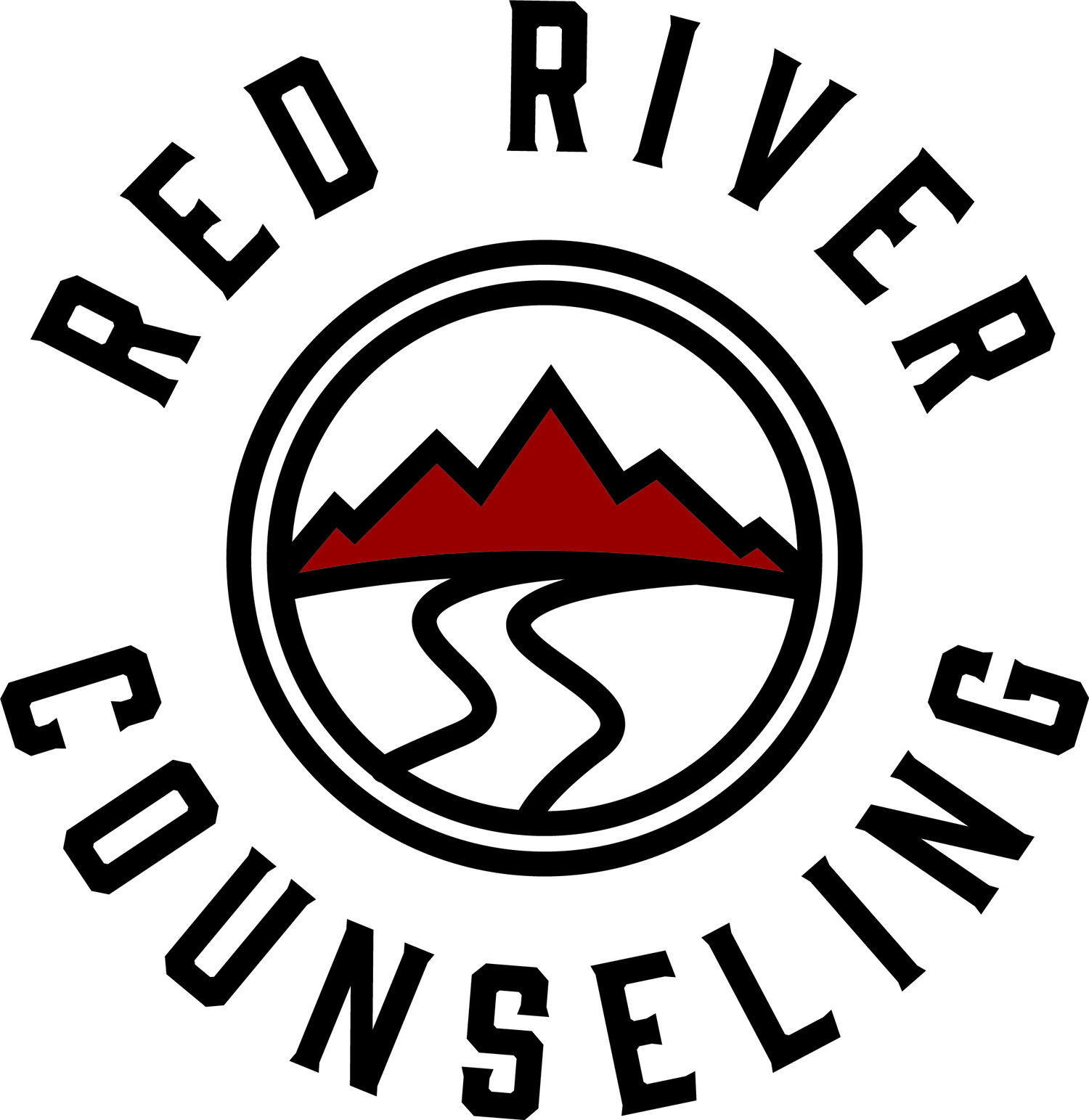What you need for Recovery...
/There are a lot of opinions on what recovery looks like, and I’ll be the first to say it often looks different for most everyone.
However, there is a lot of research out there that shows us what recovery from addiction needs to include.
But before we get to that, it’s important to understand what creates a vulnerability to addiction.
The Adverse Childhood Experiences (ACEs) study from the late 1990’s has shown again and again and again (literally thousands of studies), that if you experience a lack of safe attachment with caregivers, emotional disregulation (stress), and/or trauma, you have a higher vulnerability to a whole host of issues, from health to maladaptive behaviors. The ACEs questionnaire consists of 10 questions which look for abuse (emotional, physical, sexual), neglect (emotional, physical), and household dysfunction (separation, incarceration, mental illness, addiction, violence). You can take this assessment here if you’d like.
This shows us that the absence of healthy attachment, emotional regulation, and safety…
or
The presence of unsafe attachment, emotional dysregulation, and trauma…
Create an environment wherein a person becomes vulnerable to addiction.
No one is born an addict. There is no addict gene.
Our environments create this vulnerability, and therefore, our environment is what can help us heal.
So, if the presence of unsafe attachment, emotional dysregulation, and trauma create a vulnerability
Then recovery requires the presence of safe attachment, emotional regulation, and healing.
All recovery needs these three elements.
Safe Attachment - Like any organ in your body, the brain requires the right conditions to heal. A scrape on your arm won’t heal if you surround it with sewer, but needs to be kept clean and protected. A person in addiction needs to feel safe, which requires safe attachments to others, in order for their brain to heal.
Emotional Regulation - Addiction is a maladaptive survival skill, a way for a person to feel safe when they are not. This isn’t magic…it’s skill. Most folks are shown and taught how to regulate their emotions while they are growing up, but not all are afforded this necessity.
Trauma Healing - Trauma isn’t just a bad feeling or memory, but an experience which changes the way you view yourself and the world around you. And you can’t just talk your way out of trauma. It’s held in our bodies, and therefore, our bodies require healing as much as do our memories and thoughts.
I was fortunate to be able to speak with Christina Dent from End it for Good about this topic, which you can listen to on this podcast (49:23).

